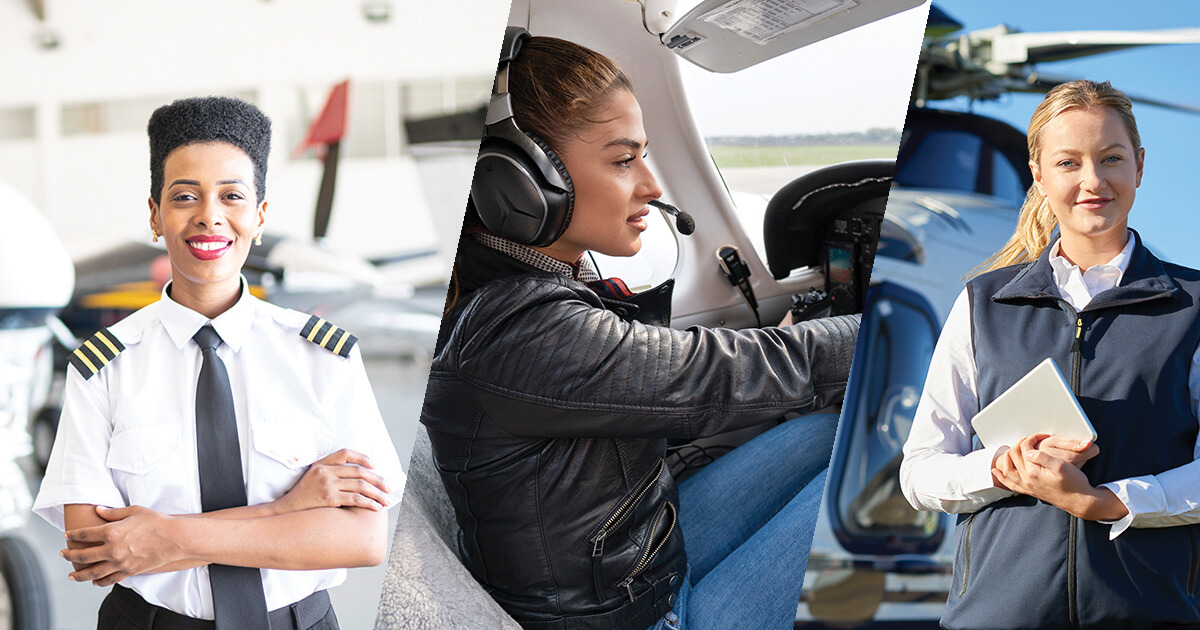
March 4, 2021
Aviation safety improves with the introduction of psychological safety and emotional intelligence, but the full benefit of these enhancements will be hindered if organizations and individuals fail to appreciate and understand the impact of bias, explained author, speaker, Gulfstream G650 pilot and Founder and President of Aviation for Humanity, Kimberly Perkins during the recent NBAA GO Flight Operations “Turns Around a Pint” safety webinar.
“Psychological safety is that feeling where you can be your authentic self and speak up without negative repercussions in the workplace and it is fundamental to creating that safety culture that safety management systems talk about,” Perkins said during the educational webinar hosted by Max Grover, CAM, aviation safety officer at Dell Technologies.
To successfully introduce psychological safety, leaders must create an inclusive environment, but, said Perkins, this effort can be impeded if managers and team members, particularly in male-dominated industries like aviation, fail to understand the potential negativity of bias.
“If we aren’t aware that bias exists, we might operate on stereotypes that aren’t true, or we might perpetuate concepts that marginalize a group of people,” Perkins explained. “Just by saying something because we’re operating on this unchecked bias reduces the level of psychological safety in the workplace. This creates an environment where workers become disgruntled and disengaged, where people are less proud of their organization and where people are more likely to leave. This impacts workplace productivity and ultimately deteriorates a safety culture,” she added.
Organizations also should be wary of structural biases, especially biases that favor employees without caregiving responsibilities, warned Perkins, as this will limit the creativity and innovation that comes with a diverse workforce and restrict the pool of employees when demand for aviation workers exceeds the supply.
Perkins also explained that bias is a systemic problem. “Psychological safety and biases are not just affecting women and minorities; they are affecting everybody in aviation. If we want to talk about the sustainability of our industry [workforce], we will need to tap into a larger [talent] market, and that means investing in our human capital and making sure we are inclusive,” Perkins said.
Ultimately, safety is improved by addressing the impact of bias, Perkins declared. “There is a link between psychological safety, bias, diversity, equity, inclusion and safety management systems,” she noted, adding, “We can overcome this operating on unchecked biases by having an open mind and approaching things with curiosity.”
Turns Around the Pint is a safety series that addresses topics ranging from physical and emotional safety to securing your data in today’s business aviation environment. The limited series is available on the NBAA GO Flight Operations platform every Tuesday at 4 p.m. ET through March 23.


 International Business Aviation Council Ltd.
International Business Aviation Council Ltd.